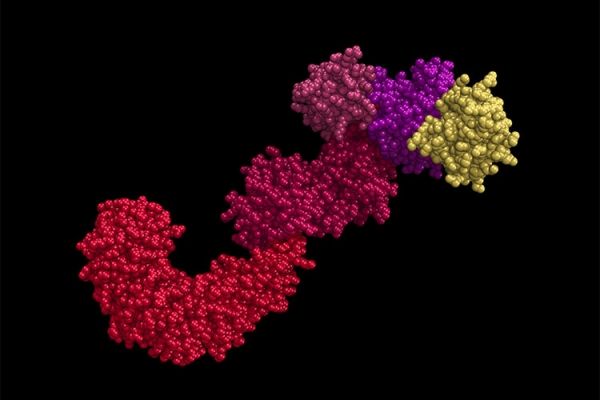Chronic inflammation, which results when old age, stress or environmental toxins keep the body’s immune system in overdrive, can contribute to a variety of devastating diseases, from Alzheimer’s and Parkinson’s to diabetes and cancer.
Now, scientists at the University of California, Berkeley, have identified a molecular “switch” that controls the immune machinery responsible for chronic inflammation in the body. The finding, which appears online Feb. 6 in the journal Cell Metabolism, could lead to new ways to halt or even reverse many of these age-related conditions.
“My lab is very interested in understanding the reversibility of aging,” said senior author Danica Chen, associate professor of metabolic biology, nutritional sciences and toxicology at UC Berkeley. “In the past, we showed that aged stem cells can be rejuvenated. Now, we are asking: to what extent can aging be reversed? And we are doing that by looking at physiological conditions, like inflammation and insulin resistance, that have been associated with aging-related degeneration and diseases.”
Read more at University of California – Berkeley
Image: The NLRP3 receptor protein is responsible for detecting potential pathogens in the body and launching an immune response. CREDIT: MLGProGamer123 via Wikimedia Commons


